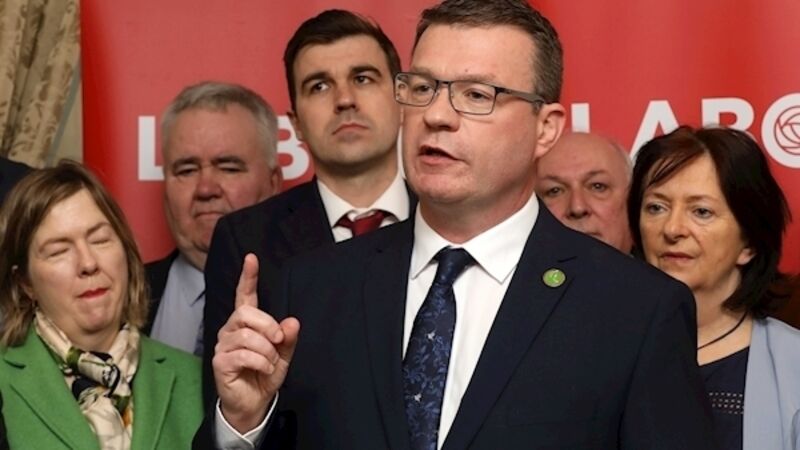'Who is NPHET ultimately accountable to?' Questions on transparency during crisis raised in Dáil

Serious questions have been raised in the Dáil about transparency over major decisions being taken by the Government and senior health officials.
New Labour leader Alan Kelly said he was “seriously concerned about transparency in decision making in this crisis”.













